Disclaimer: The opinions expressed here are that of the writer and do not necessarily represent the views of the Union for Traditional Judaism, unless otherwise indicated.

by Recommended by UTJ
In many small Jewish communities, one Jewish cemetery serves the needs of all members of the Jewish community, whether they are Reform, Conservative or Orthodox. The degree of control which traditional rabbis hold over the policies of such cemeteries varies in these communities. (Note: In the specific case which led to the issuing of this responsum, the Reform Temple owned the community cemetery, and it was not feasible to start another cemetery.) Given the high rate of intermarriage in many of these communities, as well as the Reform movement’s acceptance of patrilineal descent, there is much pressure to inter in these community cemeteries non-Jewish spouses of Jews, people who underwent non-halakhic conversions, and people who consider themselves Jews by patrilineal descent. What position should a traditional Rabbi take in such circumstances?
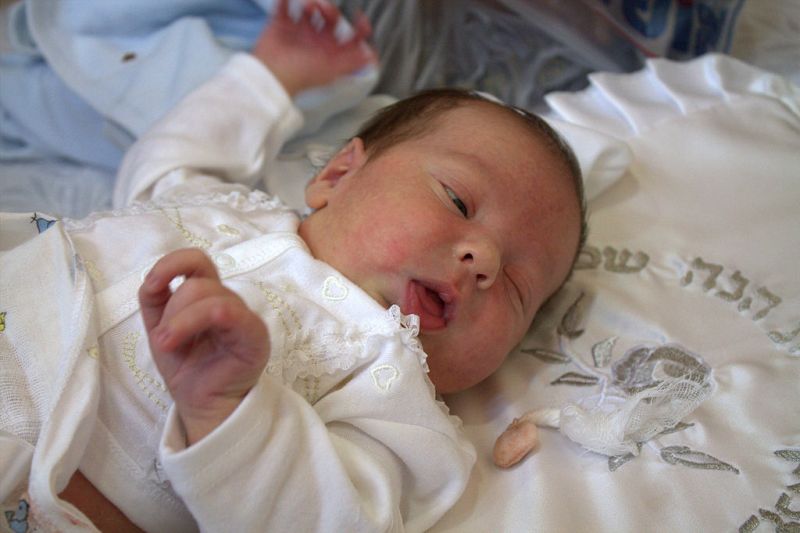
by Rabbi Wayne Allen
May a local anesthetic be used prior to infant circumcision and, if so, should rabbis be encouraged to recommend its use?
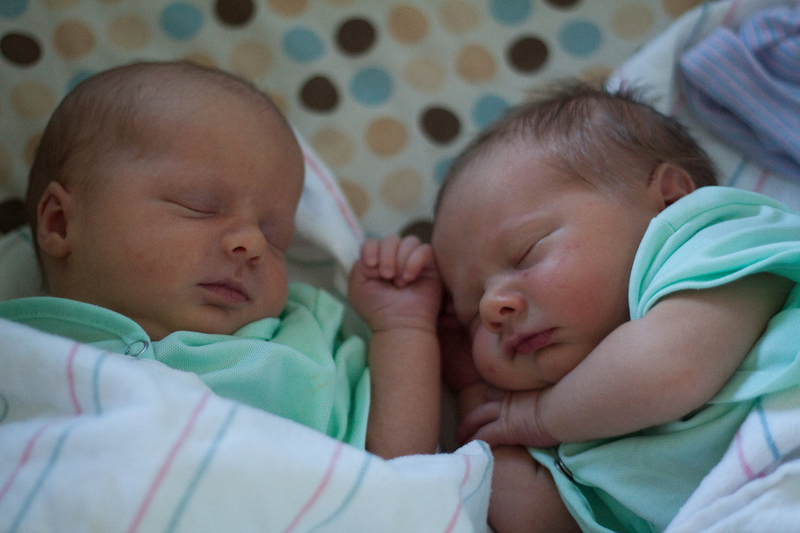
by Rabbi Gershon Bacon
A young Jewish man had married a non-Jewish woman. They have twin sons. Since the time of their marriage the Jewish man has gradually become more observant. He now brings his sons to the synagogue every Shabbat and has enrolled them in a Hebrew School. The father would now like the boys to convert to Judaism and his wife has agreed. She is willing to keep a kosher home but she herself is unwilling to convert. Is it permissible to convert the children without the conversion of the mother?
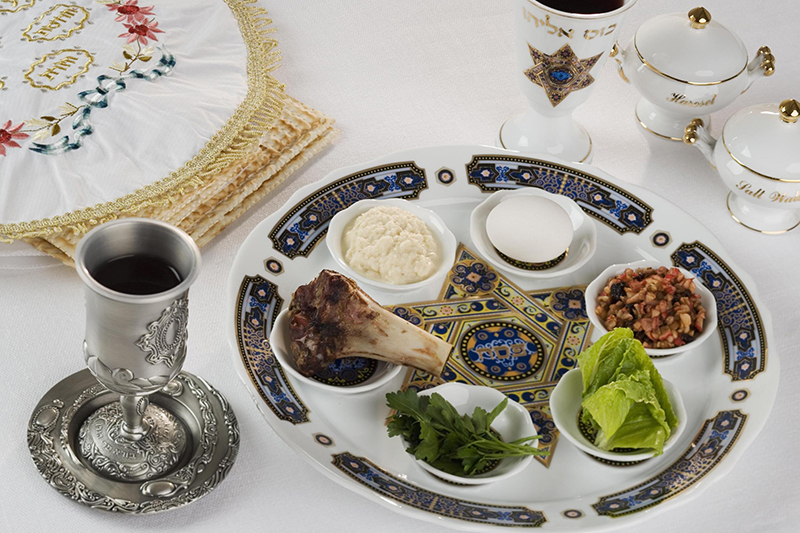
by Rabbi Wayne Allen
Is it halakhically permitted to invite a non-observant Jew to one’s home on Shabbat or Yom Tov realizing that in order to come the guests would have to drive? Is it better for those who would violate Shabbat anyway to come and participate in the celebration of Shabbat or is this considered a mitzvah derived from the violation of the law and thus unacceptable?

by Rabbi David Novak
A concerned Orthodox rabbi has received a certificate of conversion that indicates that the signatories are Conservative rabbis. He requests information on the background and qualifications of the Bet Din.
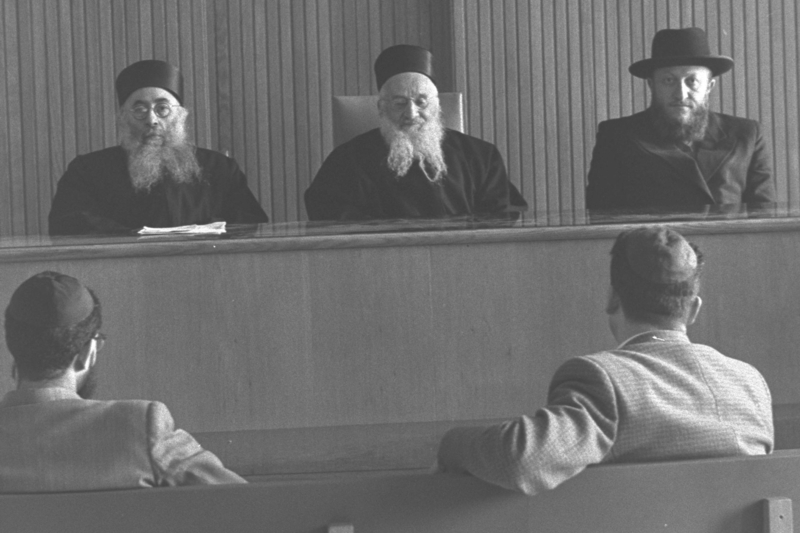
by Rabbi Wayne Allen
In one community there is a scarcity of observant Jews. Even two knowledgeable Jewish chaplains in the area are non-observant in the traditional sense, though they are ordained rabbis. Is it preferable to include two more-observant lay people in the Bet Din for conversion rather than rely on non-observant rabbis?
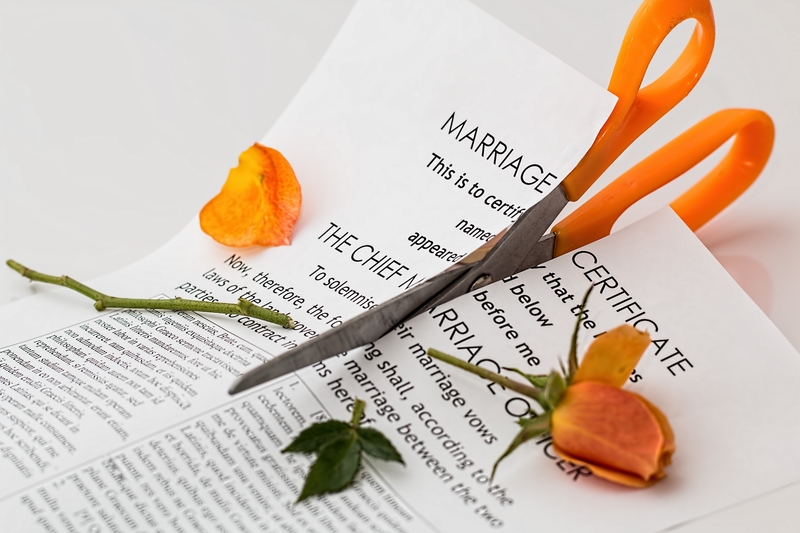
by Rabbi David Novak
A man and a woman in their fifties were granted a civil divorce five years ago. After years of pleading, the husband still refuses to grant his ex-wife a get. The woman would like to remarry but there is little likelihood that she will receive a get. Can the marriage be annulled?
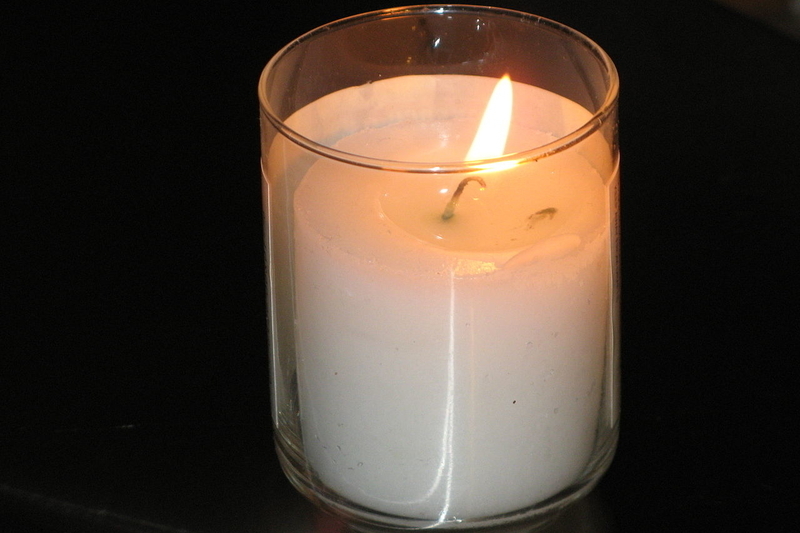
by Rabbi David Novak
A woman has been civilly divorced for more than ten years. Her former husband has steadfastly and repeatedly refused to grant her a get. Now her former husband is near death and the doctors have told the children that any request for a get at this time would cause life-threatening anxiety. The woman wants to know what obligations, if any, would she have for her former husband when he dies? Do all the laws of mourning, that is, sitting shivah, abstaining from work and the like, apply?
Enjoying UTJ Viewpoints?
UTJ relies on your support to promote an open-minded approach to Torah rooted in classical sources and informed by modern scholarship. Please consider making a generous donation to support our efforts.

















